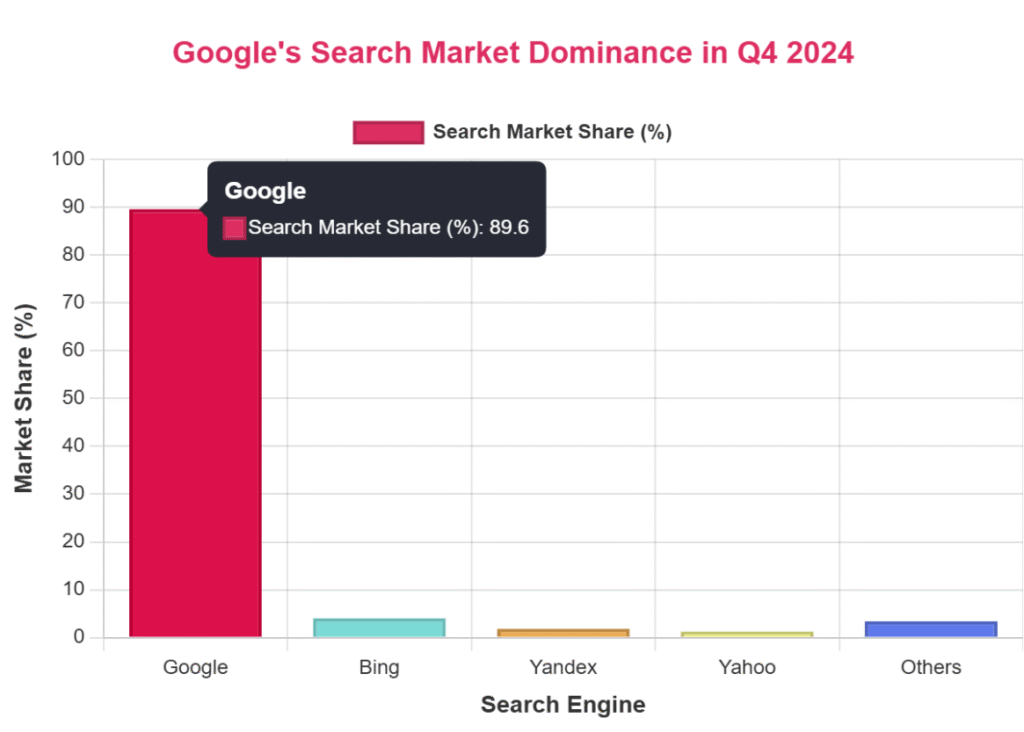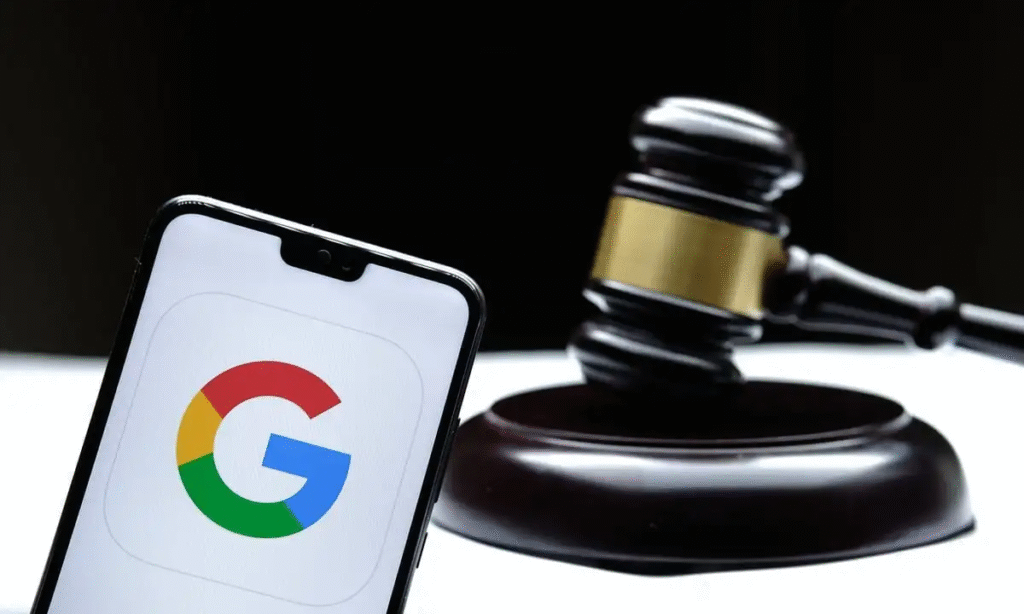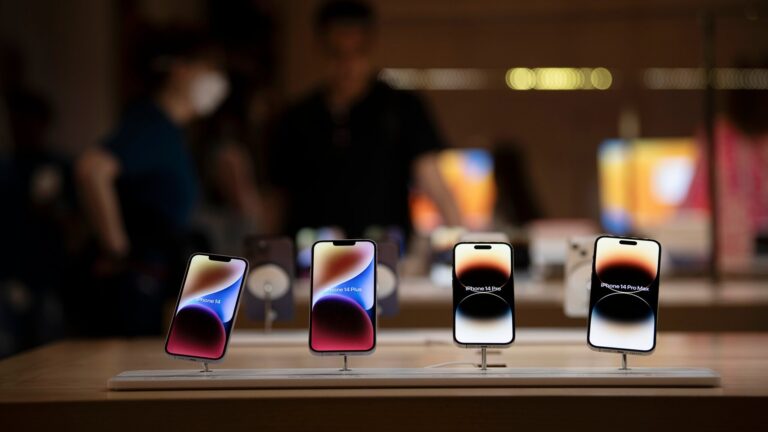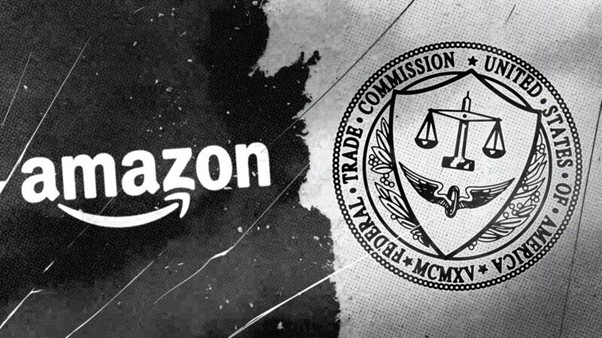Dive into Google’s antitrust lawsuits shaking the tech industry in 2025! Uncover how AI innovation, online search monopolies, and digital advertising battles could transform your digital world. Learn the latest on Google’s legal fights, their AI dominance, and what it means for Millennials and Gen Z in this SEO-optimized guide.
Introduction: Google’s Antitrust Saga and Why It’s a Big Deal
Picture this: every time you search for a viral TikTok trend or the best coffee shop nearby, one company—Google—is likely steering the show. With a jaw-dropping ~90% search market share in 2024 ([1]), Google is the king of online search, but its crown is under fire. The U.S. government has slapped Google with two major antitrust lawsuits, accusing it of illegally dominating online search and digital advertising. These cases, ruled in 2024 and 2025, could reshape the tech industry, especially for artificial intelligence (AI), which powers everything from chatbots to those eerily accurate ads you see.
For Millennials and Gen Z, who live on their phones and expect seamless digital experiences, these antitrust battles are a big deal. They could mean more choices in search engines, cooler AI apps, and fairer prices for the content you love. But there’s a twist: shaking up Google’s tech empire might disrupt the slick browsing you’re used to. Let’s break down the drama, focusing on Google’s monopolies, AI’s role, and what’s next for your digital life.
Table 1: Google’s Search Market Share (Q4 2024)
| Search Engine | Market Share (%) |
|---|---|
| 89.6 | |
| Bing | 4.0 |
| Yandex | 1.8 |
| Yahoo | 1.2 |
| Others | 3.4 |
Source: [1]

Google’s Search Monopoly: Locking Out the Competition
Google’s grip on online search is unreal—89.6% of searches in late 2024 went through its engine ([1]). But the U.S. Department of Justice (DOJ) says Google played dirty to stay on top. In the search monopoly case, ruled on August 5, 2024, Judge Amit Mehta found Google guilty of violating antitrust laws by paying billions to be the default search engine on devices like iPhones and Samsung phones. For example, Google shelled out $20 billion to Apple in 2022 alone to keep its spot on Safari ([2]). These deals made it nearly impossible for rivals like Bing or DuckDuckGo to gain traction, limiting your search engine options.
Why does this matter for Millennials and Gen Z? You’re used to Google delivering instant answers, but its monopoly means fewer innovative search engines or apps might emerge. Plus, Google’s exclusive deals drive up costs for device makers, which could trickle down to pricier phones. The DOJ is now in a remedies trial (started April 2025) to fix this, proposing ideas like banning these deals or even forcing Google to sell its Chrome browser ([3]).

AI at the Heart of the Fight
Artificial intelligence (AI) is the future, powering everything from ChatGPT-style bots to personalized digital ads. Google’s massive search data—billions of queries daily—gives it a huge edge in building AI tools like its Gemini chatbot. The DOJ argues this data monopoly could let Google dominate the AI market, shutting out smaller companies and startups that can’t access similar data ([4]). As DOJ lawyer David Dahlquist put it, “Google could use its artificial intelligence products to strengthen its monopoly in online search” ([5]).
For Millennials, who’ve seen tech evolve from Myspace to TikTok, and Gen Z, who crave cutting-edge apps, this is critical. If Google controls AI, you might miss out on innovative AI-driven apps—think new social platforms or smarter search tools. The DOJ’s proposed fixes, like forcing Google to share search data with competitors, could spark a wave of AI innovation, giving you more options ([2]). But there’s a catch: sharing data raises privacy concerns, which both generations care about deeply.
Fun Fact: Google’s search data is nine times larger than its closest rivals, making it a powerhouse for AI development.

Digital Advertising Monopoly: Controlling the Ads You See
Ever wonder why those digital ads seem to follow you everywhere? Google’s ad tech monopoly is why. In the second antitrust case, ruled on April 17, 2025, Judge Leonie Brinkema found Google guilty of dominating digital advertising through acquisitions like DoubleClick ($3.1 billion, 2007) and manipulating ad auctions ([6]). Google controls over 50% of open-web ad transactions, deciding which ads you see and hiking costs for advertisers and publishers ([6]).
This hits Millennials and Gen Z hard, as you’re bombarded with ads on every site and app. Google’s practices mean higher ad costs, which can hurt the creators and websites you love. The DOJ wants to break up Google’s ad tech empire, possibly by forcing it to sell parts like DoubleClick, which could lower ad prices and boost competition ([3]). Trials for these remedies are set for September 2025, but Google’s appeals could drag this out.
Table 2: Google’s Antitrust Cases Overview (May 2025)
| Case | Ruling Date | Key Issue | Status |
|---|---|---|---|
| Search Monopoly | Aug. 2024 | Exclusive default deals | Remedies trial ongoing |
| Ad Tech Monopoly | Apr. 2025 | Ad tech acquisitions, auctions | Remedies trial set for Sep. 2025 |
Source: [3], [6]

Conclusion: What’s Next for Google and You?
Google’s antitrust lawsuits are a game-changer for the tech industry. With rulings confirming its monopolies in online search and digital advertising, the focus is on remedies that could spark AI innovation and give you more digital choices. For Millennials and Gen Z, who vibe with the latest tech trends, this could mean a flood of new AI apps, cheaper ads, and diverse search engines. But Google’s appeals and the Trump administration’s deregulation lean might delay or soften these changes ([4]). Stay plugged in—these legal battles will shape your digital future. Follow the news, and let’s see where this tech drama leads!
References
[1] Statista, “Worldwide desktop market share of leading search engines from January 2015 to December 2024,” 2025. [Online]. Available: https://www.statista.com/statistics/216573/worldwide-market-share-of-search-engines/
[2] Reuters, “Google faces trial in US bid to end search monopoly,” Apr. 2025. [Online]. Available: https://www.reuters.com/sustainability/boards-policy-regulation/google-faces-trial-us-bid-end-search-monopoly-2025-04-21/
[3] TechTarget, “Google antitrust case explained: What’s next?,” 2025. [Online]. Available: https://www.techtarget.com/whatis/feature/Google-antitrust-case-explained-Whats-next
[4] The New York Times, “How Google’s antitrust case could upend the A.I. race,” May 2025. [Online]. Available: https://www.nytimes.com/2025/05/01/technology/google-antitrust-trial-ai.html
[5] NPR, “Google antitrust remedies trial could reshape search and A.I.,” Apr. 2025. [Online]. Available: https://www.npr.org/2025/04/29/nx-s1-5377353/google-antitrust-remedies-trial-ai
[6] U.S. Department of Justice, “Department of Justice prevails in landmark antitrust case against Google,” 2025. [Online]. Available: https://www.justice.gov/opa/pr/department-justice-prevails-landmark-antitrust-case-against-google









